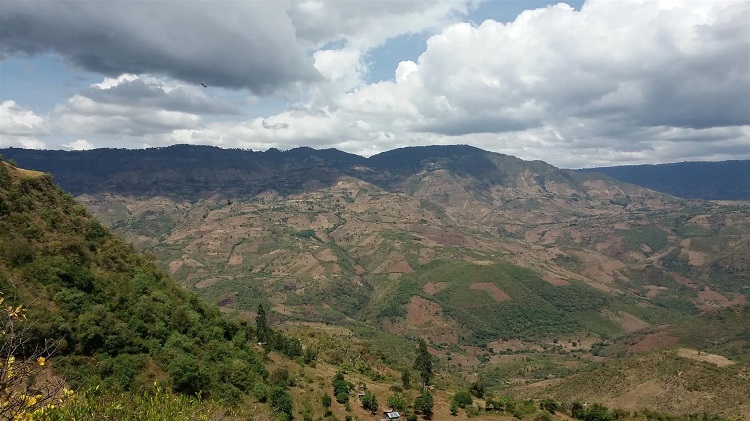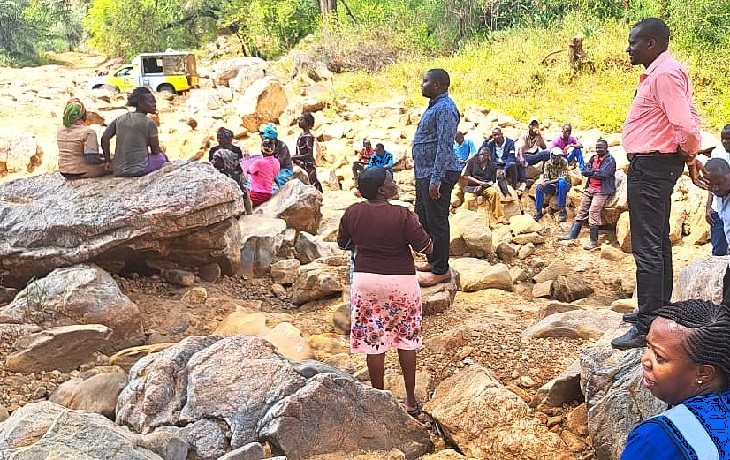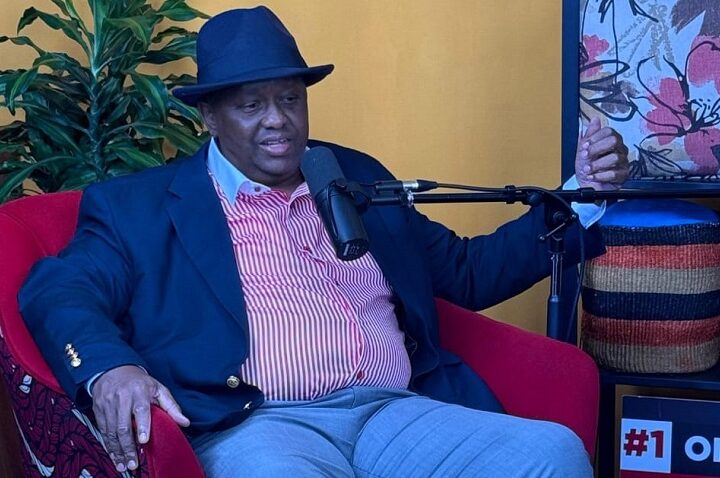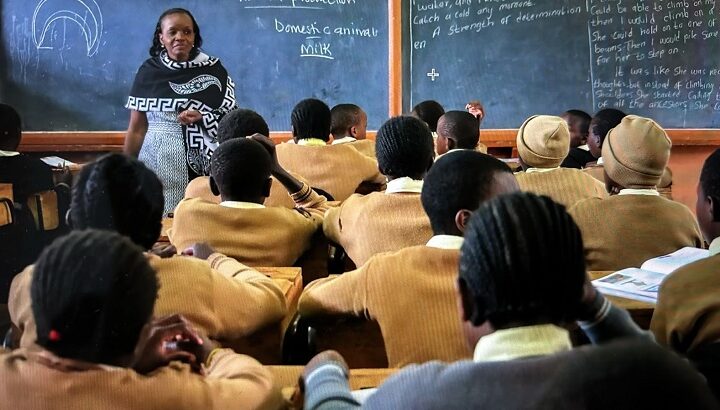In recent months, coordinated online campaigns have appeared on Facebook and LinkedIn questioning the work of a conservation initiative in Kenya.
Posts have raised doubts about leadership, funding, and community impact, and have been traced to accounts operated by Festus Kiplagat and colleagues within Green Planet Initiative 2050 (GPI2050).
GPI2050 presents itself as a foundation promoting sustainability and youth empowerment. Official records, however, show it is registered only as a non-governmental organization, without authorization to operate as a foundation. Its founder and CEO, Festus Kiplagat, has faced multiple disputes over the years.
In 2017, a court permanently evicted him from family land after finding he had harassed relatives during a dispute; the ruling included a restraining order. More recently, in 2025, Kiplagat sought control of a conservation initiative through the courts. That case was dismissed, with the judge citing contradictory filings and ruling that he had approached the matter with “the most unclean of hands.”
Online Narratives After Legal Defeat
Following the 2025 ruling, online activity escalated. Accounts linked to Kiplagat and his colleagues—Gedion Kandie, Wilfred Yego, Amos Chepkwony, and Robert Rono—began posting material that cast the conservation project in a negative light.
These included unrelated videos, such as content in Hindi, reframed as criticism, as well as narratives suggesting that foreign involvement disadvantaged local communities.
At the same time, Kiplagat has used these platforms to promote himself as a trustworthy environmental advocate.
By amplifying his image online while questioning the credibility of others, he positions GPI2050 as an alternative partner he positions GPI2050 as an alternative partner, a strategy that risks misleading foreign companies or donors who may be drawn in by curated messaging rather than verifiable results.
The online campaigns have coincided with reports of intimidation. Journalists who published investigations into Kiplagat’s activities have described receiving threats afterward. Farmers and community members also say they faced harassment after raising concerns about his conduct.
Looking Ahead
Undertaking large-scale projects is never without challenges, and disputes are not unusual. In this case, it may be that GPI2050’s founder was more focused on personal gain than on delivering long-term benefits to the community. What should be clear, however, is that individual conflicts of this kind should not overshadow the value of initiatives designed to improve livelihoods and protect the environment. While disagreements may attract attention in the short term, they do not diminish the broader importance of development efforts that seek to bring lasting benefits to local communities.
Related Content: The GPI2050 Illusion: Unmasking A Fraudulent Organization And Its Leader












